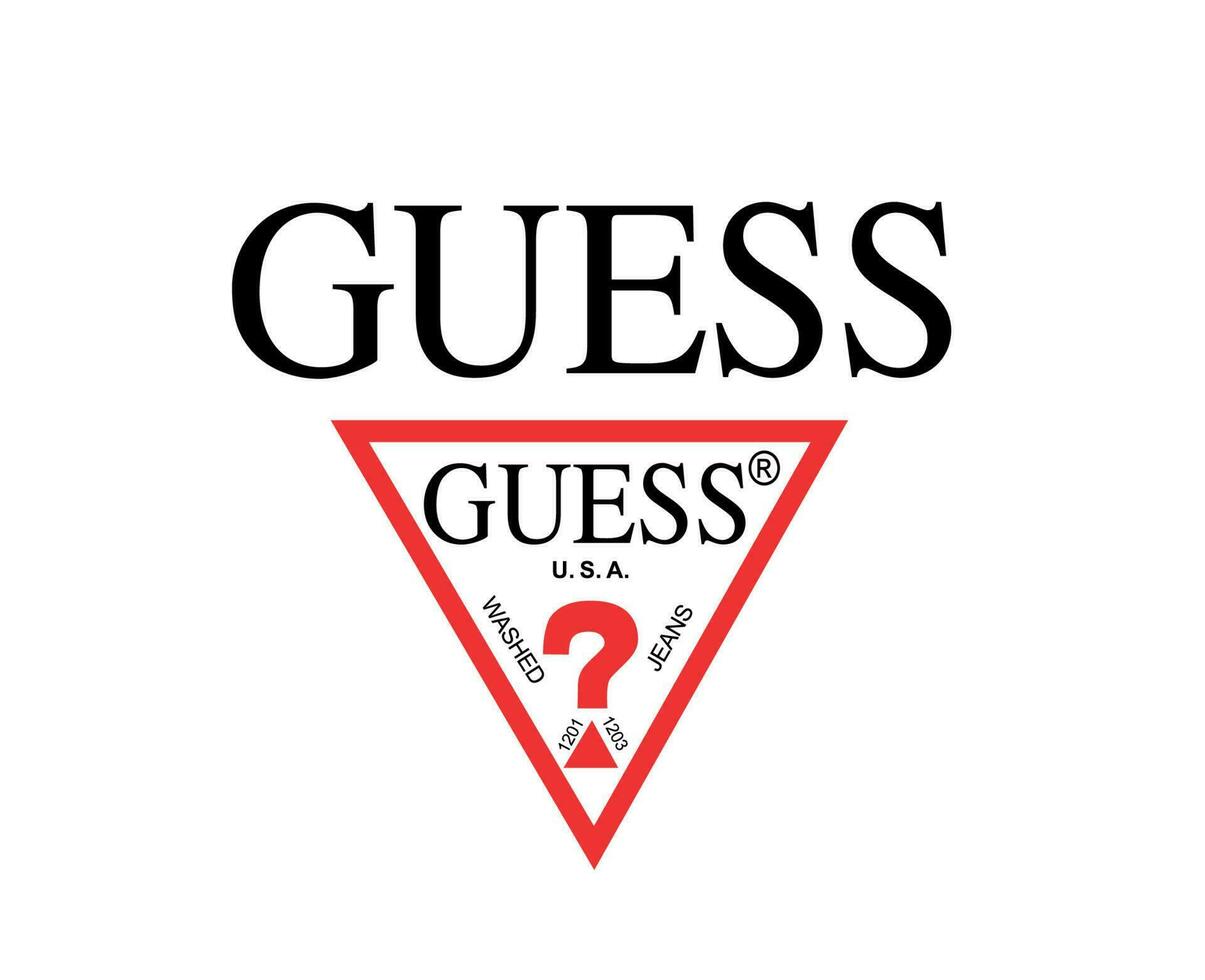Guess The Charge - Unraveling Life's Puzzles
It is pretty interesting how often we find ourselves trying to figure things out, piecing together bits of information to form a picture of what might be going on. Sometimes, it feels like we are playing a grand sort of puzzle, where the pieces are scattered bits of talk, old pictures, or even just a fleeting idea. What someone says, or perhaps a curious image that pops up on a screen, can really make you stop and think, "What exactly is happening here?" It's a fundamental part of how we make sense of the world, this ongoing process of making an educated assumption.
You know, there are moments when you come across something, a chart maybe, that just sparks a thought, and it immediately poses a truly interesting inquiry. It makes you wonder, doesn't it? Perhaps you find yourself considering the reasons behind certain happenings, like why some age groups might show an increase in participation in something, possibly because people felt the need to stretch the truth a little to get involved. This kind of mental exercise, trying to figure out the underlying reasons, is actually quite common in our daily existence, so it is.
The ability to look at something and then try to figure out the deeper meaning or the possible reasons behind it is a valuable skill, really. It allows us to connect with different situations, from historical events to current affairs, and to form a kind of personal perspective. We often find ourselves just making a thoughtful estimation about why things are the way they are, or what might have led to a particular situation, and that is a pretty cool thing to do, in a way.
- Sic88 Casino
- Sonoma Index Tribune
- General Tung Ak
- Ben Sherry Inc
- %D8%B3%D9%83%D8%B3%D9%8A %D8%B7%D9%8A%D8%A7%D8%B2 %D9%83%D8%A8%D9%8A%D8%B1%D9%87
Table of Contents
- The Art of the Educated Guess
- Peering Into the Past - Can You Guess the Charge?
- Public Opinion and the Guess the Charge Game
- Personal Insights - How Do We Guess the Charge?
The Art of the Educated Guess
We often find ourselves in situations where we have to make an educated guess, don't we? It is not about simply pulling an idea out of thin air, but rather about taking what we know and using it to form a reasonable idea of what might be true. For instance, if you look at a certain kind of data, like information about people signing up for something, and you notice a particular trend, you might start to form a thought about why that trend is happening. Perhaps, you might think that people in certain age groups, say those around eighteen or forty-four years old, showed an increase because some individuals were not entirely truthful to get signed up. This kind of thinking, trying to figure out the deeper reason, is a pretty common part of how we try to figure out the world, in some respects.
It is fascinating to consider how we arrive at these ideas. We might see a piece of art or an item from history, and a part of us just wants to figure out its story. Like, if you were to see an old firearm, you might wonder about its past. You could perhaps make a thoughtful assumption that it ended up with someone who loves history, a reenactor maybe, who took great care to make it look brand new. They might have even put in a new ramrod and a different nipple so it could fire blank rounds. That kind of speculation, where you build a possible narrative from what you observe, is a big part of what makes these old things so interesting, you know?
Sometimes, the hints are subtle, like faint marks on an old object. You might look at something with post-war markings and think that those very marks, if anything, add a layer of intrigue to the item. They tell a silent story, making the piece more captivating. These scenarios, where you try to piece together the history of an object or a situation, are very likely the true story of how we come to appreciate things. It is about connecting with the past through careful observation and thoughtful estimation, more or less.
What Makes a Good Guess the Charge Moment?
What really makes a moment perfect for trying to guess the charge of a situation? It is often when there is just enough information to get your mind working, but not so much that the answer is obvious. Think about a chart you might stumble upon online. It presents some figures, and then it poses a really interesting inquiry. This type of presentation invites you to consider the numbers and then form your own idea about what they mean. It is not about being right or wrong, necessarily, but about the mental exercise of trying to figure things out, which is pretty engaging, you see.
A good moment for this kind of thoughtful estimation also happens when you are presented with a puzzle that has layers. Consider, for example, the story of a young woman practicing Brazilian Jiu-Jitsu. Someone might watch her and think she looks truly impressive to the average observer. Yet, someone with a more experienced eye might notice small missteps that indicate she is not at the very top level. If you had to guess, you might say she has been training for about two years at the most. This situation, where there is an apparent skill level but also subtle signs of inexperience, makes for a really good chance to try and guess the charge of her overall skill level and training duration, which is quite common.
Then there are those times when you are just trying to figure out something about someone's preferences. It could be a simple thing, like trying to figure out what a person's favorite treat might be. You might just make a casual assumption that their most beloved food was something sweet, like ice cream. These small, everyday observations and the quiet thoughts they spark are all part of what makes life interesting. They are small opportunities to try and guess the charge of a person's tastes or habits, and it is almost always a fun little mental game.
Peering Into the Past - Can You Guess the Charge?
Looking back through time, we often find ourselves trying to piece together stories from long ago. There are places that hold so much history, like a museum and camp park that was opened by a person named Arthur H. Shields in the year 1925 and continued to operate until 1985. Besides having places to stay, like cabins, and offering things like fuel for cars and mementos, such a spot tells a tale of its own. When you hear about a place like that, you might start to consider what it was like during its operational years, and what kinds of people visited. It is a bit like trying to guess the charge of the atmosphere there, back in the day, isn't it?
Old documents and books also give us a window into history, and they often present us with opportunities to make an educated guess. There is a book, for instance, that originally came out in 1863 under the title, "The American Dispensers Book." It contained carefully chosen recipes for making soda. Just thinking about a book like that, published so long ago, makes you wonder about the tastes and customs of people from that era. You might try to guess the charge of popular drinks or the way people enjoyed their refreshments back then, which is actually quite fun.
Sometimes, our historical curiosity leads us on a quest for information. You might find yourself just looking through the internet to see if you could find out anything more about a forthcoming book or books by Bob Krick Jr. on a significant battle, like the Battle of Gaines's Mill. And while you might not be able to locate exactly what you are looking for, the act of searching, of trying to unearth more details, is itself a kind of thoughtful estimation. You are trying to guess the charge of the new information that might be out there, and what it could reveal, so it is.
Historical Echoes - Guess the Charge of Time
When we think about the past, we often consider how things have changed, and sometimes, how they have stayed the same. There is a saying, "It turns out it's not farby to have a phone in your pocket," which is an interesting idea when you think about historical accuracy. "Farby" refers to something that is not true to the historical period. This statement suggests a shift in how we view the mixing of modern items with historical settings, perhaps in reenactments. It makes you try to guess the charge of what is considered acceptable or authentic in different historical contexts, doesn't it?
We also look at historical items and consider their condition. If you see an old gun, you might try to figure out its story. It is just a thought, but you might bet that this firearm ended up with a reenactor who cleaned it up to make it look brand new. They might have even put in a new ramrod and a nipple so it could fire blanks. This kind of careful consideration of an object's life, and the changes it might have gone through, helps us to guess the charge of its journey through time, and that is pretty neat.
Then there are those subtle marks that objects carry. Post-war markings on a piece, for instance, can actually add to its interest. They are not flaws, but rather signs of its history, giving it a unique character. These small details invite us to consider the events that shaped the object and to try and guess the charge of its past experiences. It is a way of connecting with the stories embedded in the things around us, which is a rather engaging way to learn.
Public Opinion and the Guess the Charge Game
The way people feel about public institutions and events is something we often try to figure out, too. There are times when it feels like some parts of the system, like the federal courts, are losing the regard of the American people. It might seem like they are heading down a path similar to a particular political party, especially when a prominent figure like John Roberts keeps defending judges from lower courts. This kind of situation makes you wonder about the collective feeling, and you might try to guess the charge of public sentiment, which can be a complex thing to do.
Political hypotheticals also offer a chance to make a thoughtful estimation about public response. What if certain public votes, known as referenda, were held in states in the deep south? You might form an idea that in some of those states, perhaps South Carolina, Mississippi, or Alabama, a separation from the larger group might have taken place. This kind of thinking, considering what might happen given certain circumstances, is a common way we try to understand the potential outcomes of public decisions, and it is actually quite insightful.
International relations also involve a lot of trying to figure out intentions. Leaders from different countries, like the president of China, and the leaders of Iran and Russia, might believe they truly understand the practice of making others feel threatened. But, you know, sometimes things do not go as they expect. This leads to a kind of guessing game about who really holds the upper hand in these situations, and you try to guess the charge of their strategies, which is a very interesting mental exercise, obviously.
When Beliefs Clash - Guess the Charge of Public Feeling
When different ideas or groups come into conflict, it often creates a situation where we try to understand the underlying currents of public feeling. There is a sense, sometimes, that institutions are losing their standing with the people they serve. It is a situation that makes you wonder about the reasons for this decline in public esteem. You try to guess the charge of this shift in collective perception, which can be quite a challenge, as a matter of fact.
Then there are those moments in the political arena that spark widespread discussion. The release of certain individuals, like Öztürk and Mahdawi, might be seen as a truly important victory against efforts to limit free expression by a previous administration. Yet, it hardly signals the end of such challenges. This kind of event makes you consider the ongoing struggle for certain freedoms and to try and guess the charge of the public's reaction to such developments, which is quite important.
Sometimes, we hear statements that are quite provocative, and they make us pause and think about the beliefs of others. For example, a comment about a public figure, suggesting a medical condition as the cause of their actions, is a strong statement. It makes you consider the source of such ideas and the impact they might have on public discourse. In these instances, you are really trying to guess the charge of the sentiment behind the words, and what they might mean for broader conversations, which can be a little unsettling.
Personal Insights - How Do We Guess the Charge?
On a more personal level, our lives are full of moments where we make our own thoughtful estimations about things. Sometimes, you might be looking at a diagram or a graphic, and it just asks a truly interesting inquiry. This kind of visual prompt makes you pause and consider the information presented, leading you to form your own idea about what it all means. It is a very natural way we interact with information, trying to guess the charge of what the data might be telling us, basically.
We also make these kinds of assumptions about people we observe. If you were watching a video of someone practicing a skill, like Brazilian Jiu-Jitsu, you might form an idea about how long they have been training. You could say, for instance, that the young woman in this video has been doing BJJ for about two years at most. She might appear truly skilled to an average observer, but she is making small missteps that a more advanced practitioner would notice. This observation and the subsequent idea about her training duration is your own personal way of trying to guess the charge of her experience level, which is something we do all the time.
Even simple things, like figuring out someone's favorite food, can be a form of personal estimation. You might just make a casual assumption that their most beloved thing to eat was something sweet, like ice cream. These small, everyday observations and the quiet thoughts they spark are all part of what makes our interactions interesting. They are small opportunities to try and guess the charge of a person's tastes or habits, and it is almost always a fun little mental game, you know.

GUESS: Global Lifestyle Brand for Women, Men and Kids

Guess Symbol Brand Logo Design Clothes Fashion Vector Illustration

Buy GUESS Watches Online in UAE | The Watch House